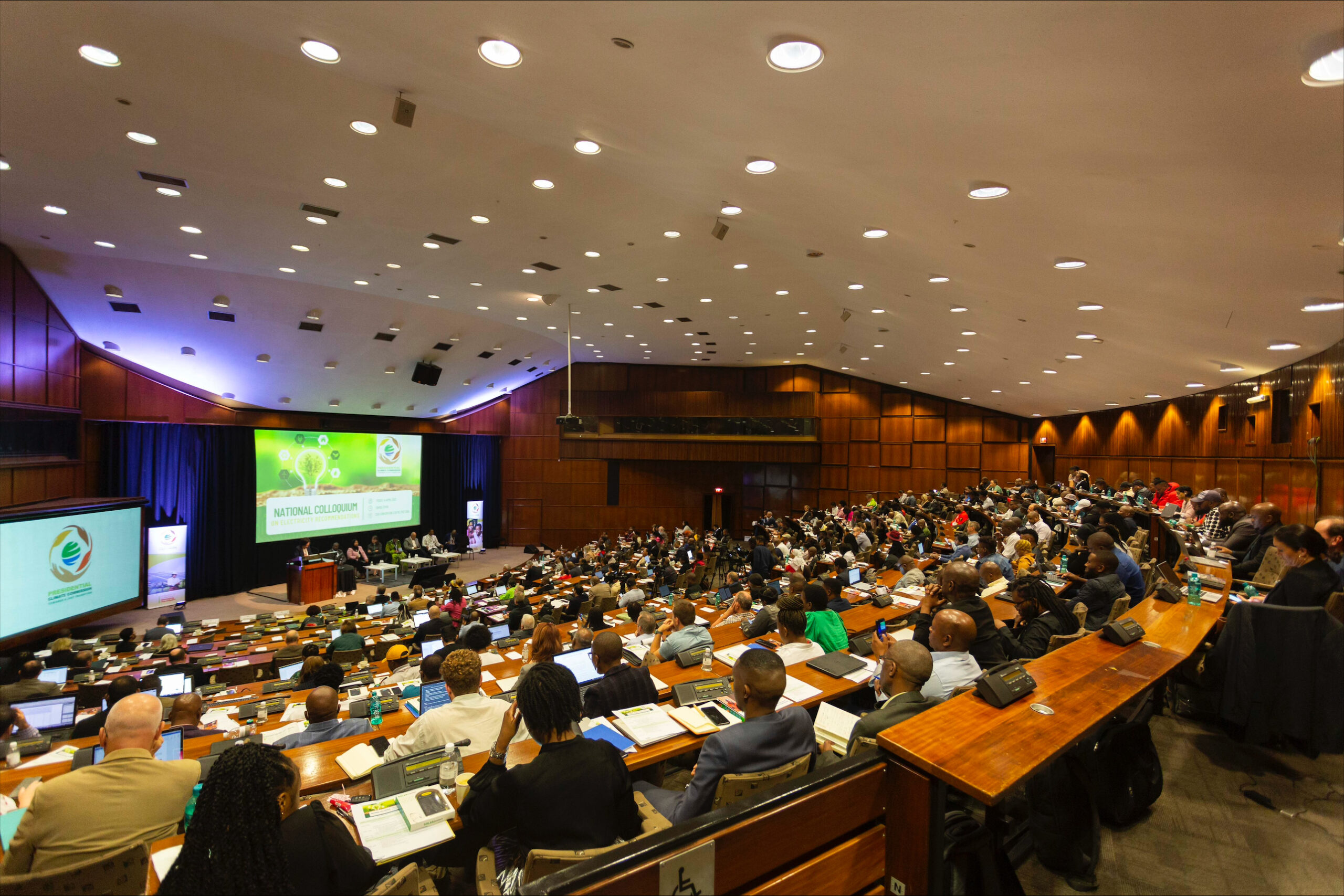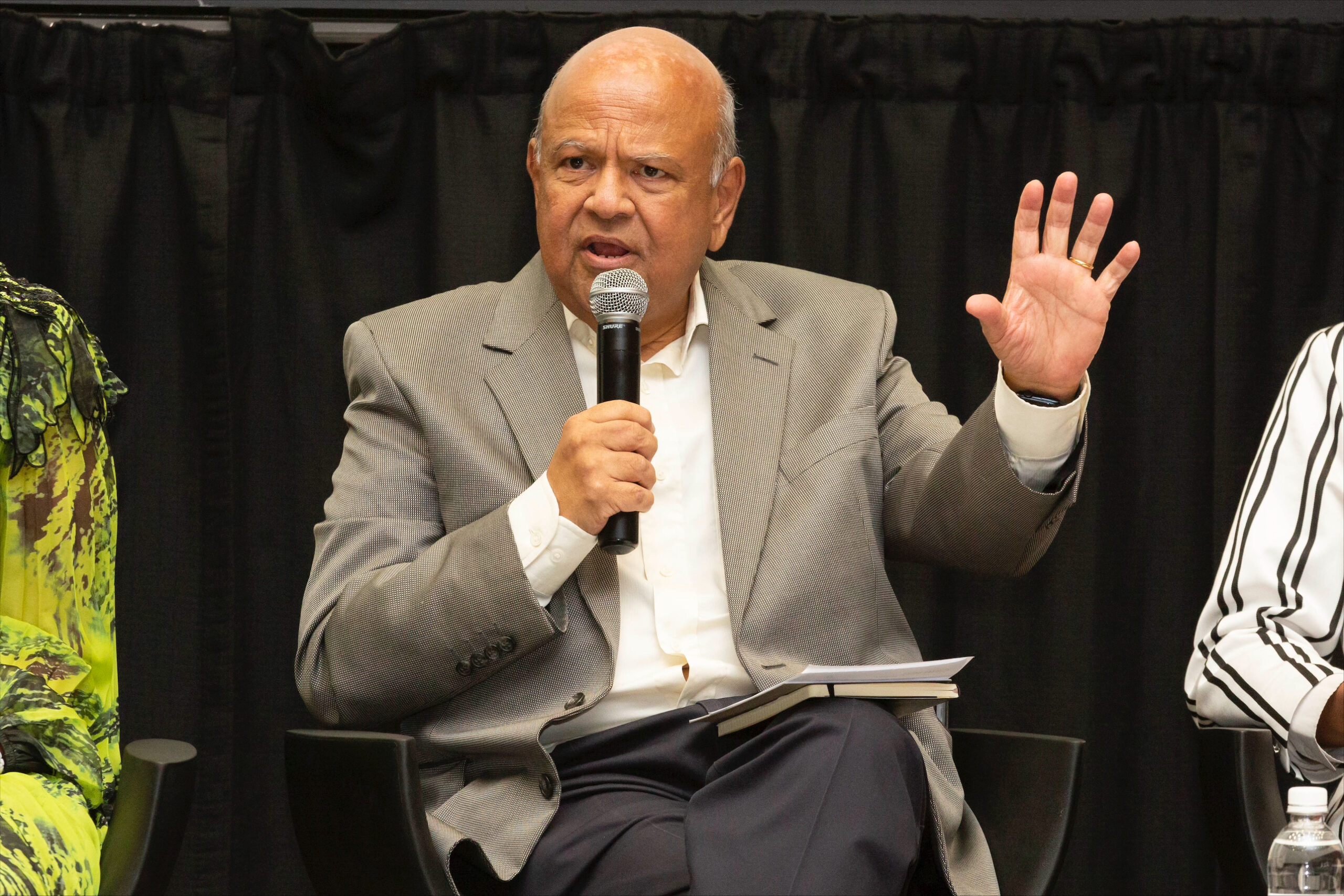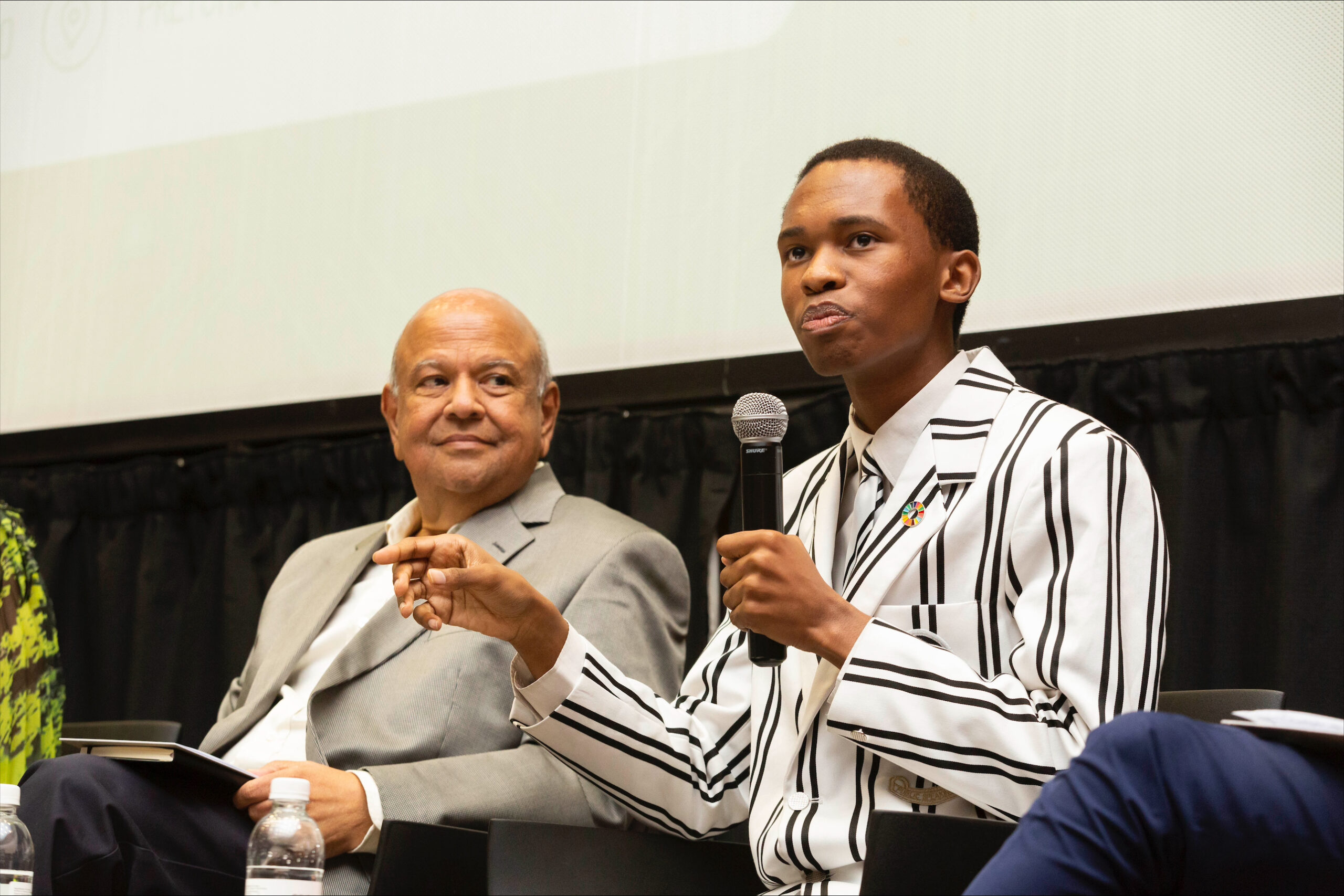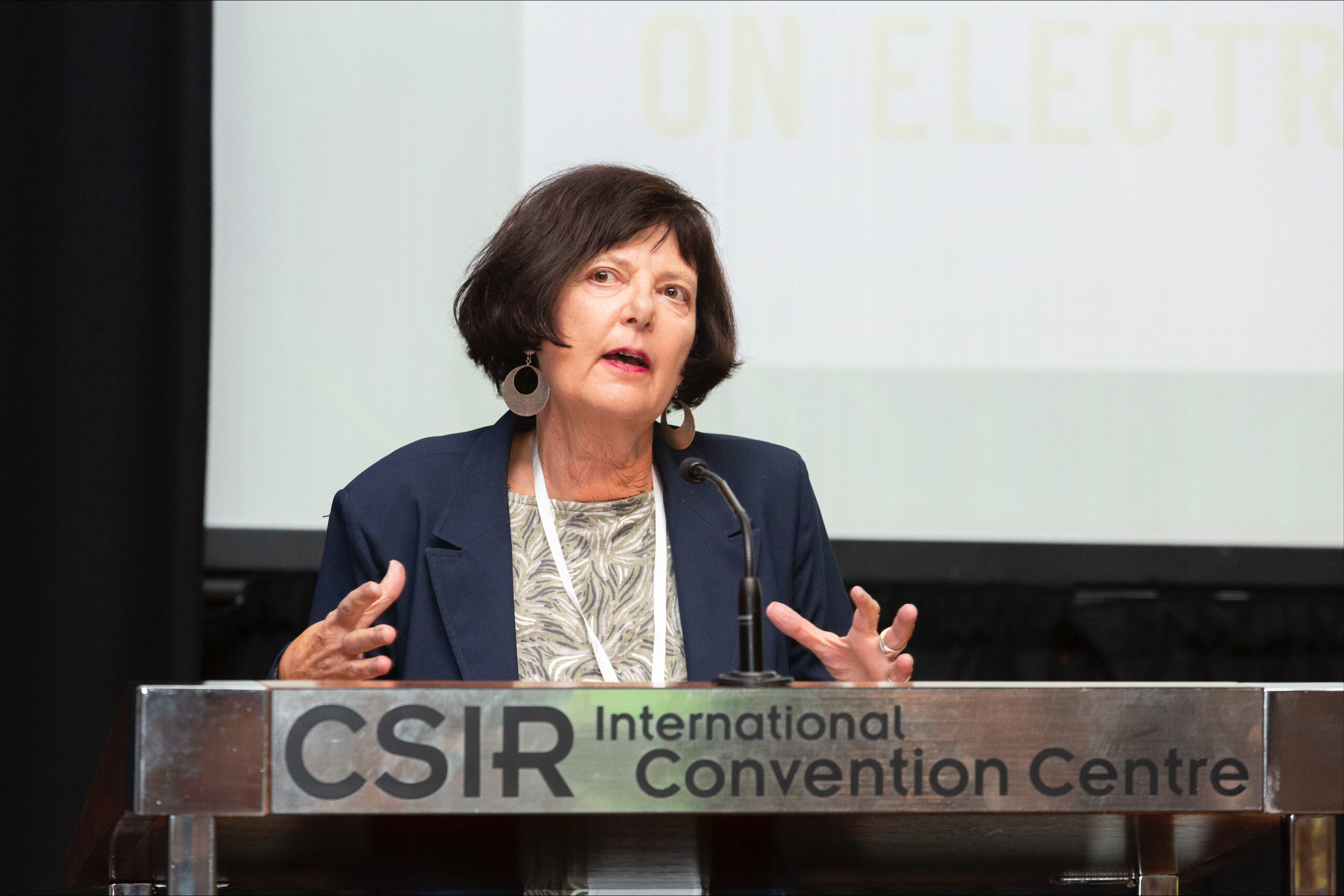South Africa’s plans to reduce carbon emissions and mitigate the effects of climate change seem to be well underway.
This follows a National Colloquium on long-term electricity planning and just transition which was hosted by the Presidential Climate Commission (PCC) in Pretoria, South Africa on April 14.

At the event, various stakeholders discussed the PCC’s recommendations following a consultative process with communities around the country.
The PCC is an advisory body that was formed in 2020 to oversee a just and equitable transition that is meant to address high carbon emissions and create an economy that is climate resilient.
The government needs to be transparent about its plans and processes towards the implementation of a just transition to gain the trust of South Africans.
The PCC is chaired by President Cyril Ramaphosa, while government ministers, organized labor, civil society, faith-based organizations, young people, and other stakeholders serve as commissioners.
Some of the commission’s recommendations include the protection of communities and livelihoods during the decarbonization of the energy sector, the development of new skills and protecting jobs while sustaining a green economy, and what options are available for future energy planning that is aligned with the Just Transition Framework.

South Africa plans to reach its goal of having zero emissions by 2050 and this will be done through funding mechanisms like the Just Energy Transition Plan (JETP) where around 8.5 billion dollars of grants and loans will be channeled toward the decommissioning of coal power plants, implementation of renewable energy, repurposing mine sites and supporting green hydrogen and low carbon transport technology.
The JETP is expected to be implemented in other African countries as the continent transitions towards renewable energy.
Trust and transparency

Despite this, various speakers at the colloquium raised concerns about the trust deficit that was prevalent in various sectors of society.
According to them, the government needs to be transparent about its plans and processes towards the implementation of a just transition to gain the trust of South Africans.
Reifda Ajam of the National Union of Metalworkers of South Africa (NUMSA), said while labor unions supported plans for a just transition, they were concerned that developing nations like South Africa had not begun to address the third industrial revolution while developed nations were already headed towards a fifth industrial revolution.
The youth were also not confident in South Africa’s electricity producer, Eskom, would be able to fulfill the country’s energy ambitions.
This raised questions about how the country would be able to catch up with nations that already have in place advanced energy supply systems.
Labor unions were also worried about the way the government was handling discussions around its energy plans.
“When the plans were presented to us, the rest of the world already knew about them. We are here as partners and not spectators so when dealing with trust, we cannot be presenting plans to the globe when citizens know nothing about them,” Ajam said.
For the conversations around an energy transition to be meaningful, Ajam said, the government needed to be transparent, and new industry or skills to be introduced must benefit the people.

Equally concerned was Otsile Nkadimeng who spoke on behalf of the youth.
Clad in his school uniform, Nkadimeng said the government needed to ensure that the decisions made do not leave the youth with a bleak future.
He raised concerns about the terms that funding for Global South’s decarbonization and transitions from fossil fuels to renewable energy came with, adding that they were not consistent with terms given to Global North countries.
“We must affirm South Africa’s duty to decrease greenhouse emissions and while we are at it, we need to ask, who is going to pay for the transition and who is going to benefit?”
The youth were also not confident in South Africa’s electricity producer, Eskom, would be able to fulfill the country’s energy ambitions.
“Include the youth in these types of conversations because when you talk about climate change, we must consider that this is a people-centered problem and we as young people are terrified because we are seeing our future being squandered by corruption,” said Nkadimeng.
More calls were made for the PCC and the government to have widespread consultations that would be accessible to different stakeholders and communities.
It was acknowledged that a large number of South Africans were not adequately informed about climate change and that climate mitigation plans are already being implemented but at a slow pace.

Barbara Creecy, the Minister of Fisheries, Forestry and Environment said South Africa urgently needed to address climate change but this needed to be based on science.
She also said that society would begin to trust the government once the plans were implemented.
The minister further said that while this was South Africa’s first attempt at exploring the Just Energy Framework, lessons could be taken from countries like Germany and Spain that have secured clean and renewable energy.
“Implementation is urgent We need to act in this decade. We can’t be debating until 2030 and only thinking about implementation then.”
Creecy, like several speakers also said that more still needed to be done to figure out what creating energy security that is accessible to everyone would look like for South Africa which is one of the most unequal societies in the world.
“We must affirm South Africa’s duty to decrease greenhouse emissions and while we are at it, we need to ask, who is going to pay for the transition and who is going to benefit? Creecy posed.
“The United Nations agencies say that developed countries need to fund developing nations, so they are not doing us favors but they must do so.”

The minister also said that South Africa would not leave local municipalities behind because they are the main drivers of electricity supply to communities and businesses. Leaving them behind would result in their total collapse because a bulk of their revenue comes from electricity distribution.
“Implementation is urgent We need to act in this decade. We can’t be debating until 2030 and only thinking about implementation then,” Creecy explained.
A just energy transition would require the government to prioritize the poor who are struggling to afford electricity and remove red tape and barriers that hinder the inclusion of cheaper clean energy sources in the national grid.
____________________________________________
Marcia Zali is a South Africa-based freelance journalist who specialises in health and science reporting.
